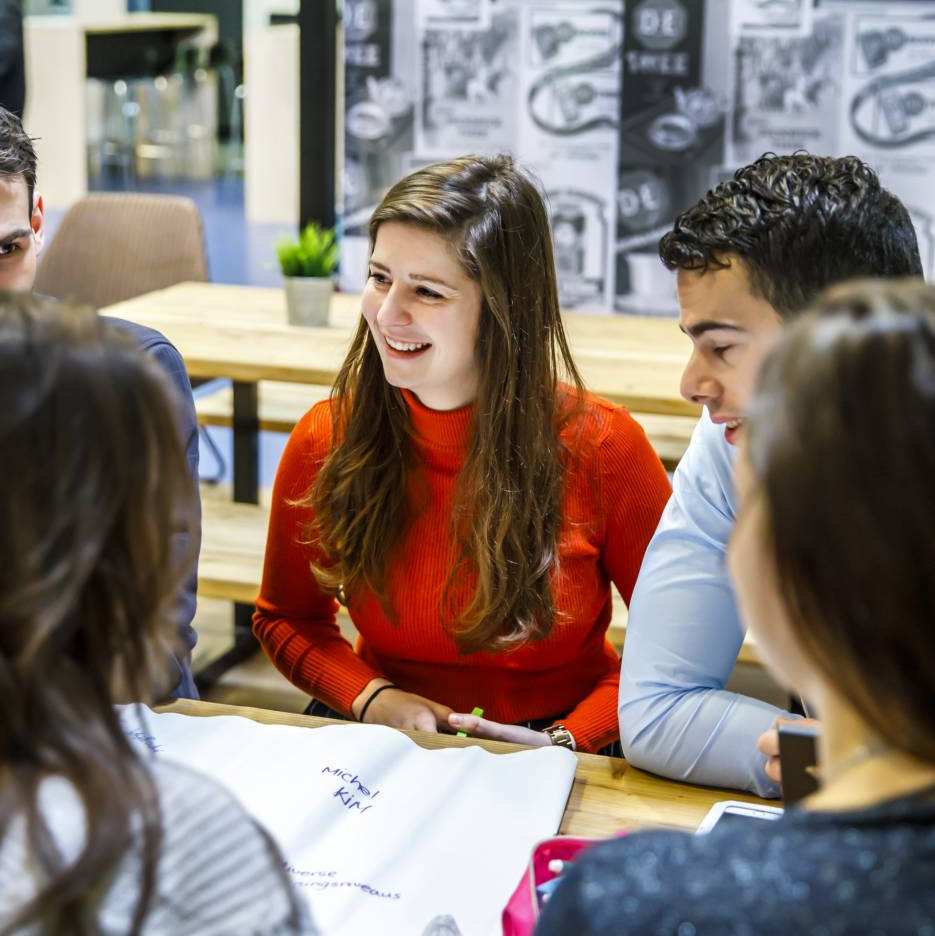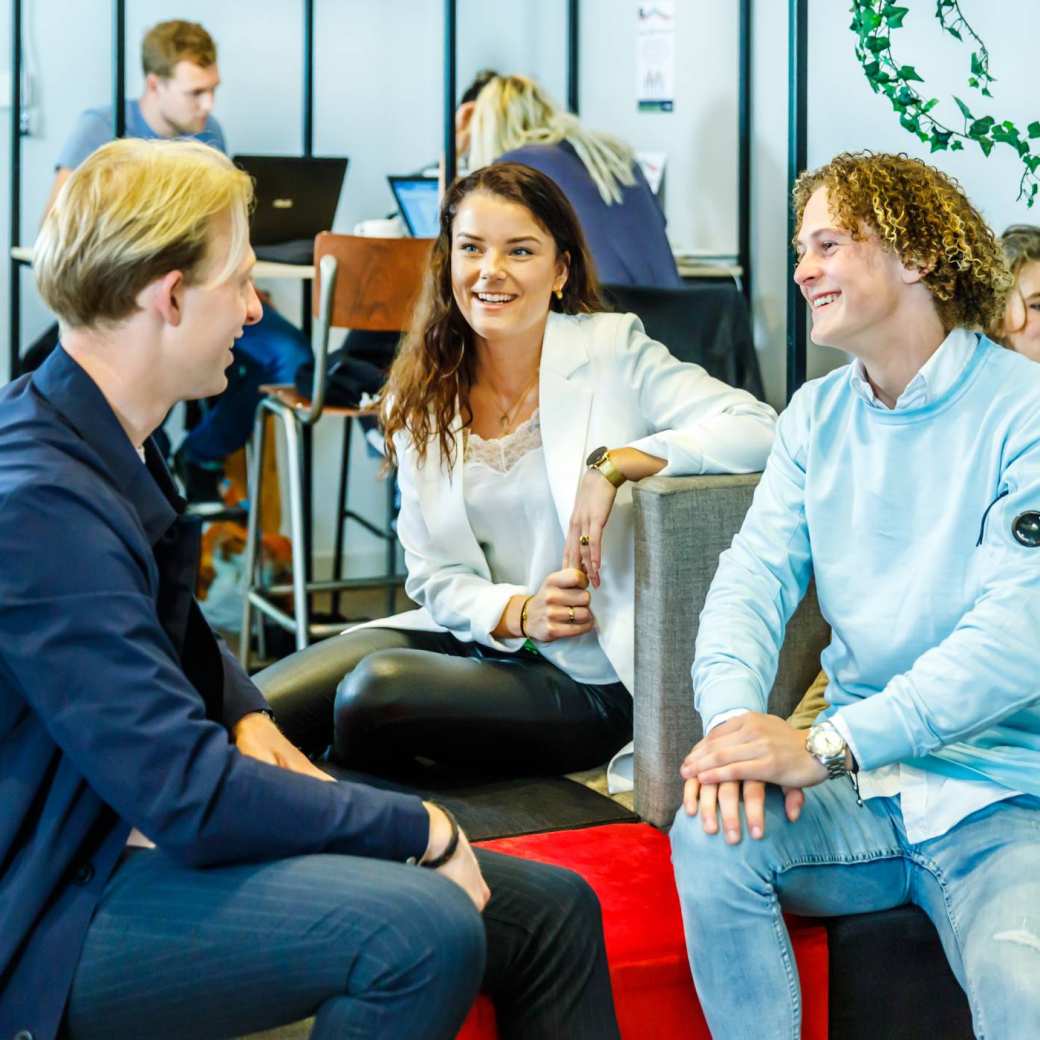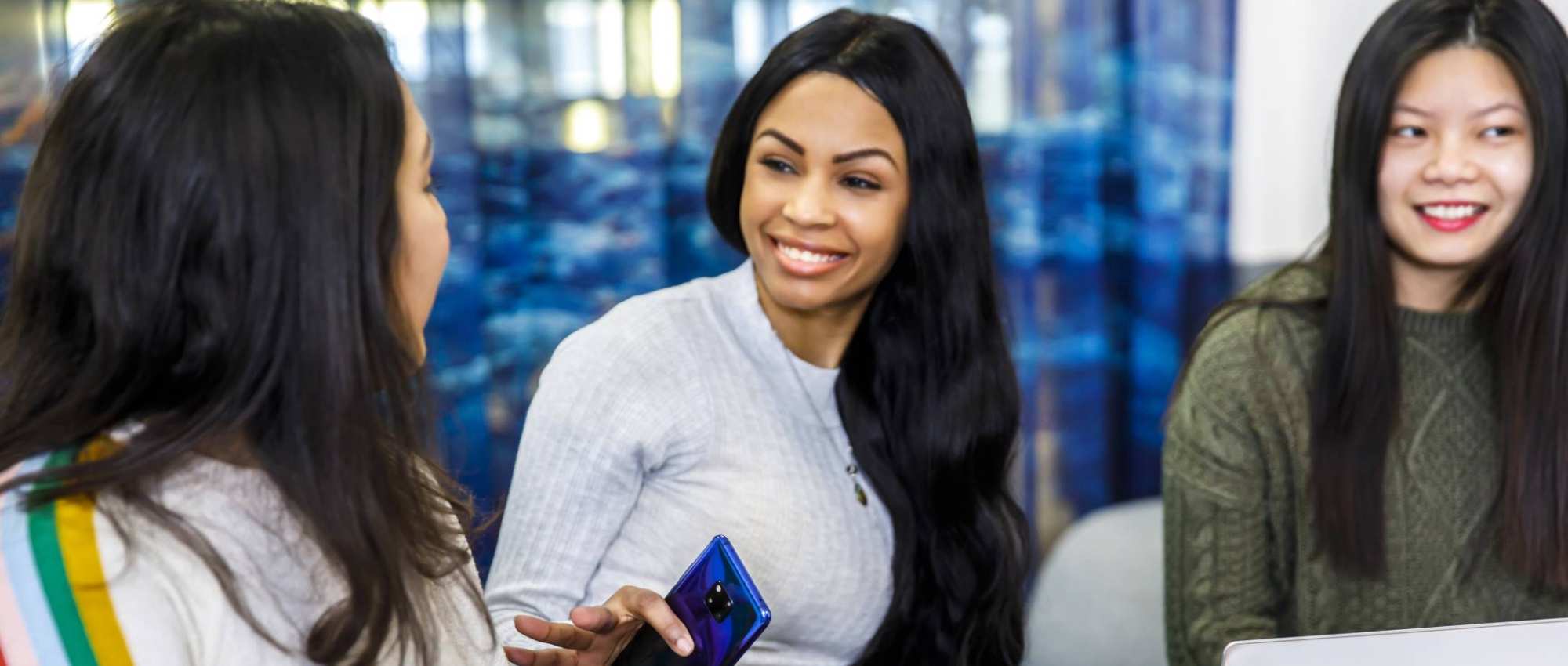Biomedical Research
What makes a benign tumor become malignant? How does it metastasize further? In the HAN lab, you study cancer cells and their biology. Learn how cancer effects the immunology of infectious diseases in the body. And what scientific approaches are being used today to study molecular pathogenesis.

The program in a nutshell
Your classes and workshops take place Monday through Friday. You learn the finer points of cancer cell research. The immunology of infectious diseases. The latest scientific approaches used to study molecular pathogenesis. Including omics. You also improve your report writing skills. And collaboration in a multidisciplinary environment.
Your progress is assessed in various ways. Through performance testing. But also through knowledge testing. Create a well-informed study group and get going!

Program details
Learning outcomes
By the end of Biomedical Research you have a clear understanding of:
- the cell biology of cancer
- the immunology of infectious diseases and cancer
- the scientific approaches to study molecular pathogenesis including omics

Competences
You strengthen these competence areas during the program:
- Research skills
- Clear and detailed report writing
- Working efficiently in a professional laboratory
- Collaborating within a multidisciplinary group

Dutch way of learning
The atmosphere in a Dutch classroom is quite informal and your lecturers are easy to talk to. In fact, at HAN you’re seen as a partner in the learning process. Class sizes are small and your lecturers encourage you to actively participate in class. To ask questions and give your own opinion. They also stimulate you to be creative and to discover things for yourself.

HAN International Intro
Get a good start to your studies during this week of orientation:
- learn about living in the Netherlands
- become familiar with the campus
- get on board with your exchange program
- make new friends!

What about credits and grading?
At HAN we use the European Credit Transfer and Accumulation System, or ECTS. It’s the standard credit system used in higher education across Europe. How does it work? One credit = 28 hours of study. Think of contact hours. Time spent working on assignments. Preparing for exams.
One semester = 30 credits = 840 hours of study. To earn credits, you need to pass your exams. What counts as a pass? A grade of at least 5.5.

Admission
What are the admission requirements? And how do I apply?
